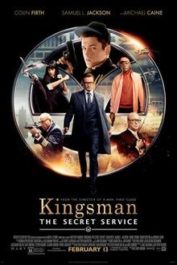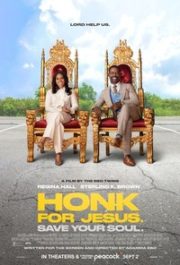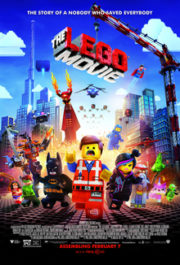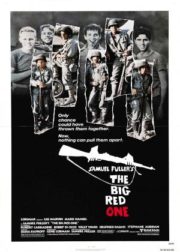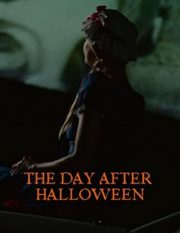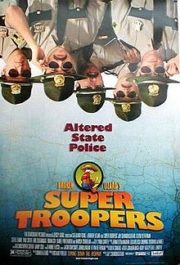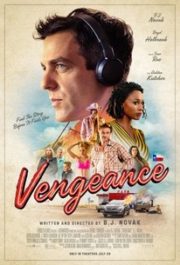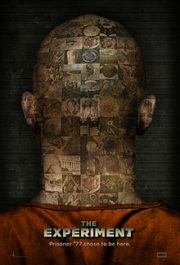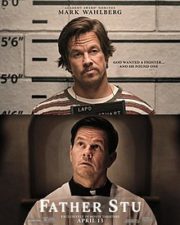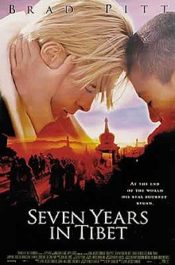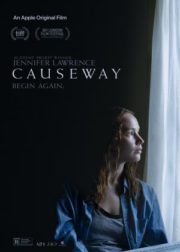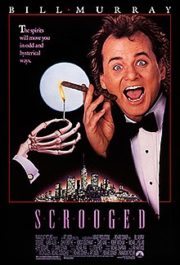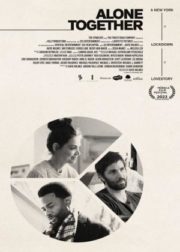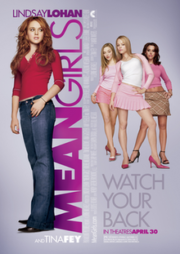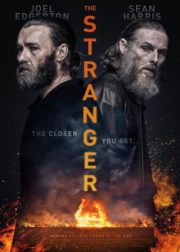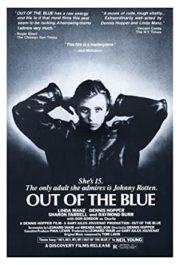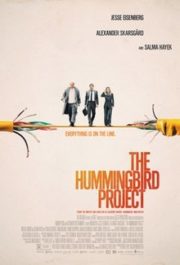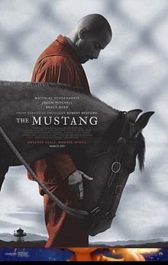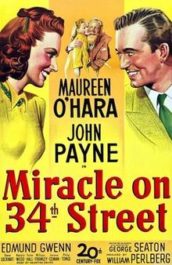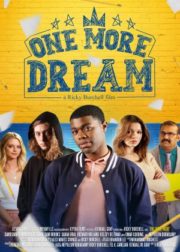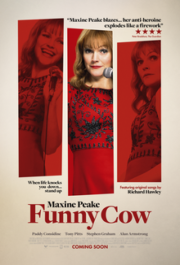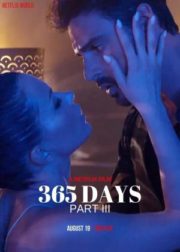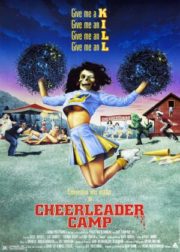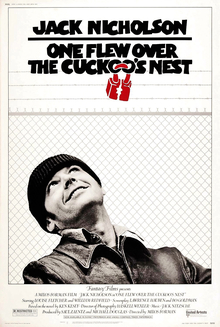
Submit your review | |
One Flew Over the Cuckoo's Nest, directed by Milos Forman and released in 1975, is a cinematic gem that continues to captivate audiences with its powerful storytelling, stellar performances, and poignant themes. Based on the novel by Ken Kesey, the film takes us on an emotional and thought-provoking journey into the confines of a mental institution and examines the concepts of freedom, individuality, and rebellion.
At the heart of the film is Jack Nicholson's iconic performance as Randle McMurphy, a charismatic and rebellious patient who challenges the authority of Nurse Ratched, played impeccably by Louise Fletcher. Nicholson fully embodies the charismatic spirit and defiance of McMurphy, infusing the character with an infectious energy that draws viewers in from the first moment he appears on screen. Fletcher's portrayal of Nurse Ratched, on the other hand, is chilling and calculated, creating a captivating contrast between the oppressive institution and the fight for individuality.
Milos Forman's direction is masterful, creating an immersive and authentic portrayal of life within the mental institution. The film's pacing is deliberate, allowing the tension to build and the characters to develop in a natural and organic manner. The use of the institution's physical space and the intricate dynamics between the patients and staff further emphasize the power dynamics and the suppression of individuality.
One Flew Over the Cuckoo's Nest is not only a character-driven drama but also a profound exploration of societal norms and the struggle for personal freedom. It raises important questions about the nature of sanity and the oppressive forces that seek to control and conform individuals. The film beautifully portrays the power of camaraderie, as McMurphy's influence on the other patients ignites their sense of self-worth and the desire to challenge the oppressive regime.
The film's screenplay, adapted by Lawrence Hauben and Bo Goldman, brilliantly captures the essence of Kesey's novel while maintaining its own distinct cinematic language. It balances moments of levity and humor with profound emotional depth, offering a multifaceted examination of human nature and the complexities of institutional control.
Visually, the film captures the oppressive atmosphere of the mental institution, using a muted color palette and controlled cinematography to reflect the stifling environment. The occasional bursts of vivid imagery serve as a stark contrast, highlighting the moments of rebellion and freedom that punctuate the narrative.
With its timeless themes and powerful performances, One Flew Over the Cuckoo's Nest remains an essential piece of cinema. It not only entertains but also provokes introspection and challenges societal norms. The film's exploration of the human spirit and the pursuit of individuality resonates as strongly today as it did upon its release. It is a testament to the power of rebellion, the importance of human connection, and the enduring strength of the human spirit.
In conclusion, One Flew Over the Cuckoo's Nest is a cinematic masterpiece that continues to captivate audiences with its brilliant performances, compelling storytelling, and profound exploration of freedom and rebellion. With its timeless themes and emotional depth, the film stands as a testament to the power of cinema to challenge and inspire.

